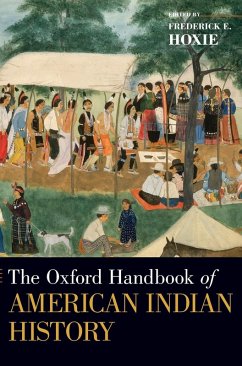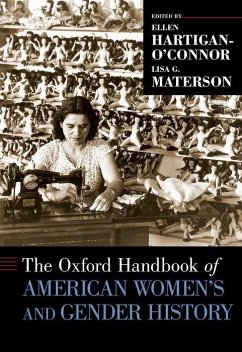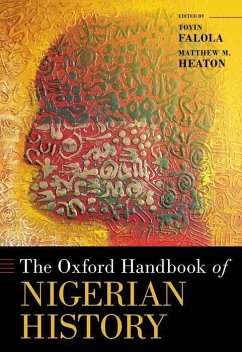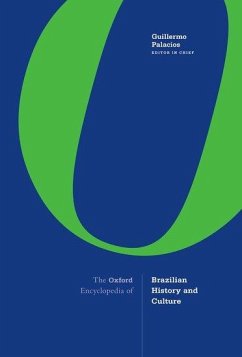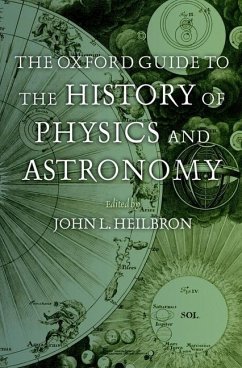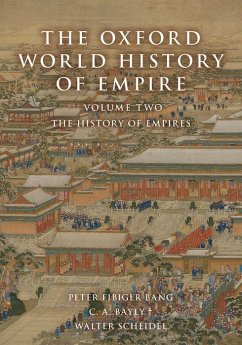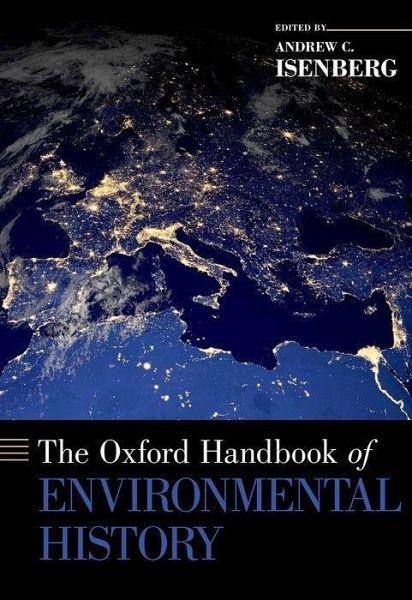
Oxford Handbook of Environmental History
Versandkostenfrei!
Versandfertig in 1-2 Wochen
211,99 €
inkl. MwSt.

PAYBACK Punkte
106 °P sammeln!
The field of environmental history emerged just decades ago but has established itself as one of the most innovative and important new approaches to history, one that bridges the human and natural world, the humanities and the sciences. With the current trend towards internationalizing history, environmental history is perhaps the quintessential approach to studying subjects outside the nation-state model, with pollution, global warming, and other issues affectingthe earth not stopping at national borders. With 25 essays, this Handbook is global in scope and innovative in organization, looking...
The field of environmental history emerged just decades ago but has established itself as one of the most innovative and important new approaches to history, one that bridges the human and natural world, the humanities and the sciences. With the current trend towards internationalizing history, environmental history is perhaps the quintessential approach to studying subjects outside the nation-state model, with pollution, global warming, and other issues affecting
the earth not stopping at national borders. With 25 essays, this Handbook is global in scope and innovative in organization, looking at the field thematically through such categories as climate, disease, oceans, the body, energy, consumerism, and international relations.
the earth not stopping at national borders. With 25 essays, this Handbook is global in scope and innovative in organization, looking at the field thematically through such categories as climate, disease, oceans, the body, energy, consumerism, and international relations.



